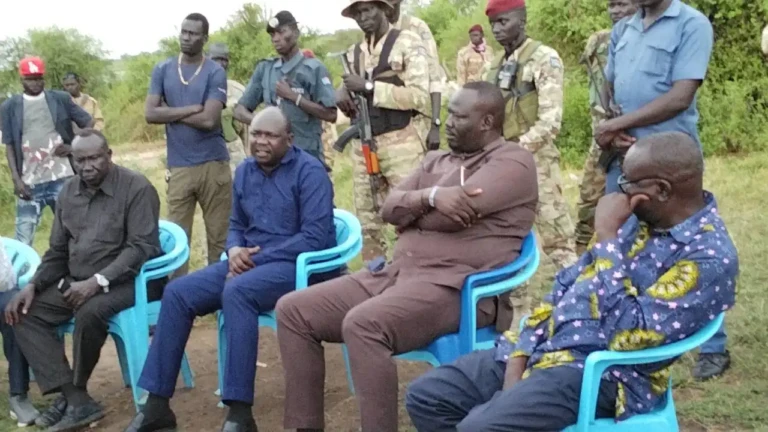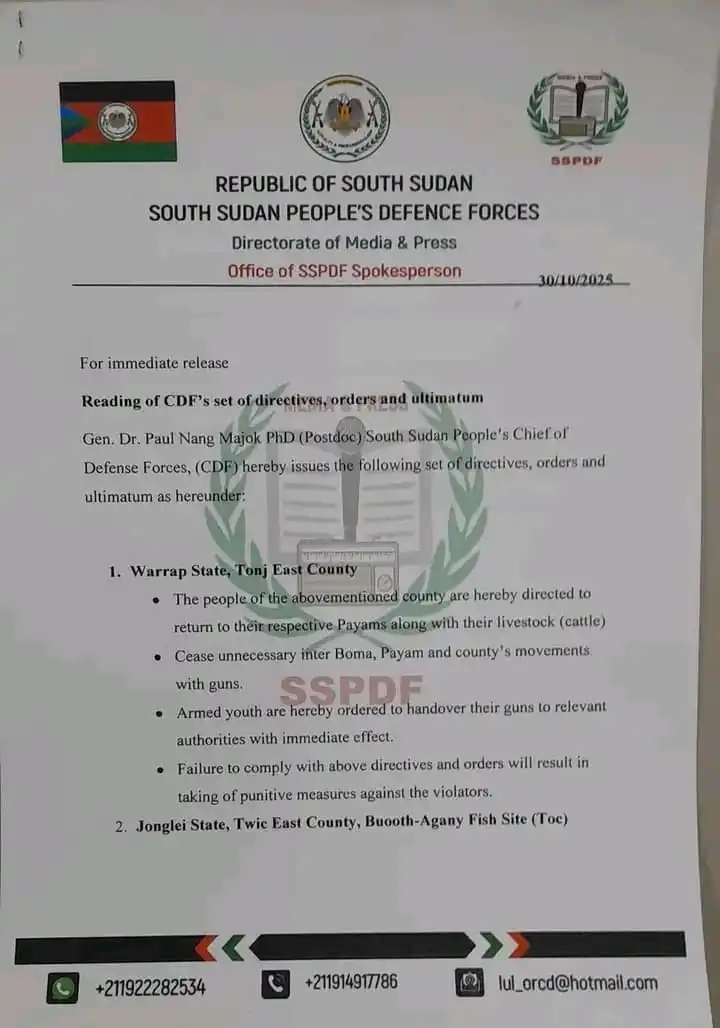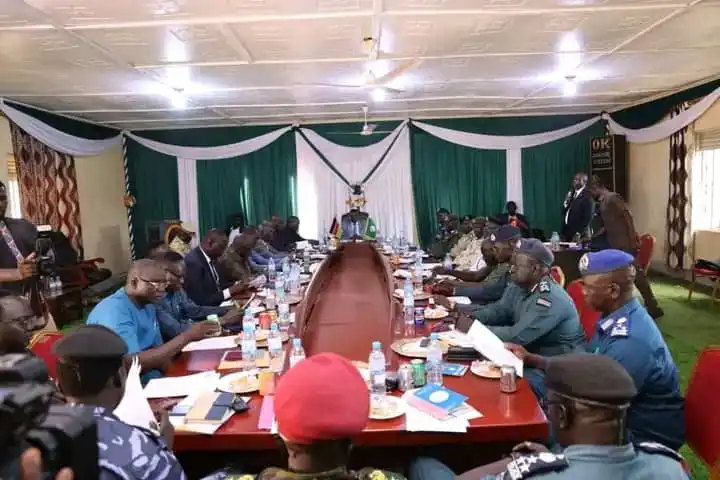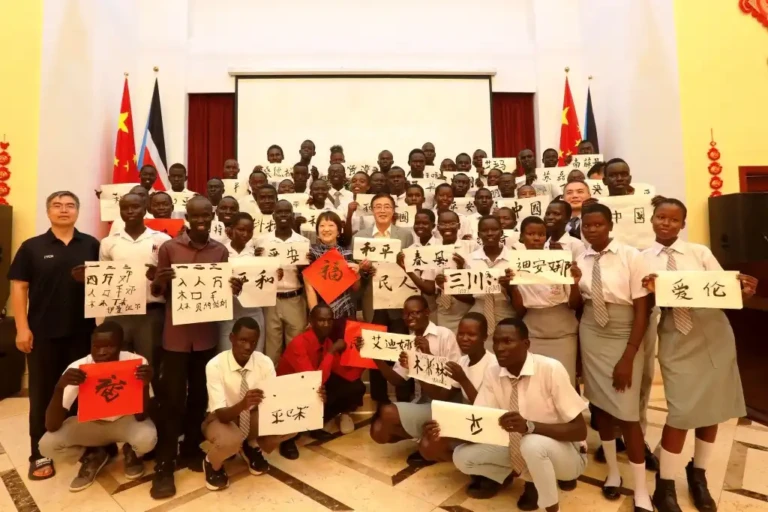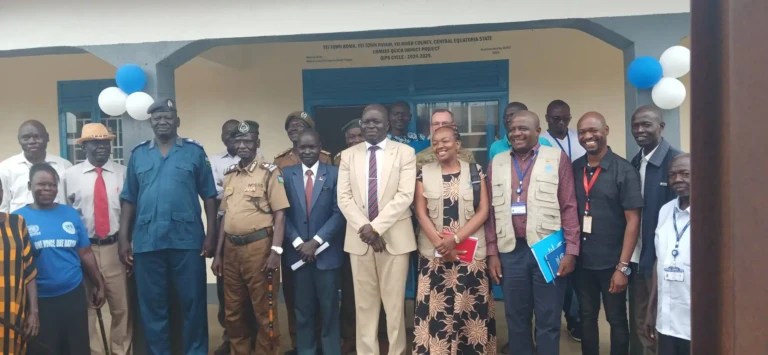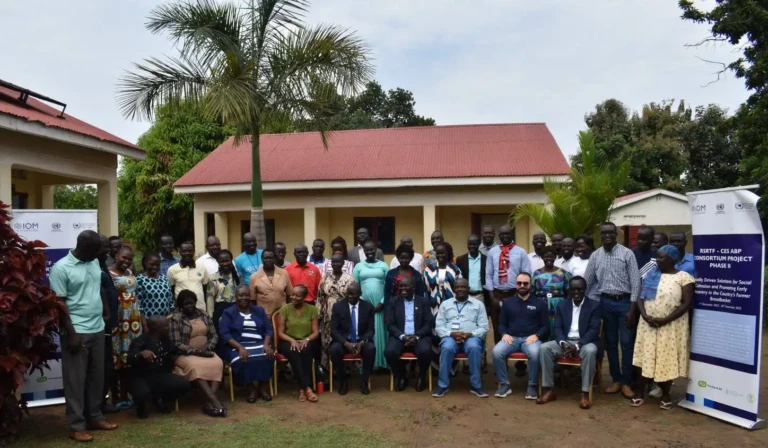
(Khartoum) – Sudan’s booming gold industry, driven by record global prices, is becoming a key source of funding for both sides in the country’s deadly civil war, which has killed over 150,000 people and displaced more than 12 million since April 2023.
According to estimates cited by the Financial Times and Swiss NGO Swissaid, Sudan produced roughly 80 tons of gold last year. That gold, valued at more than $6 billion (approximately 10.47 trillion Sudanese Pounds at the current exchange rate of 1 USD = 1,745 SDG), positions Sudan among the top four gold producers in Africa. Despite widespread violence and instability, the mining industry recorded its highest output in six years.
Much of this gold is smuggled out of the country, mainly to the United Arab Emirates and Russia. Smuggling accounts for more than half of the total production, according to investigative reporting. The scramble to control these gold resources has intensified the power struggle between the Sudanese Armed Forces (SAF) and the paramilitary Rapid Support Forces (RSF), who have been locked in fierce fighting since early 2023.
The gold industry, while vital to the livelihoods of an estimated one million Sudanese people—most of them artisanal miners—is also enabling the continuation of the war. “The resources are being extracted to destroy the country,” said Ahmed Soliman, a senior researcher on Africa at Chatham House.
After the oil-rich south became independent in 2011, gold replaced oil as Sudan’s main export. Today, the mining sector makes up 60% of Sudan’s export earnings in areas controlled by SAF, according to the national mining ministry. However, the benefits of this booming sector are largely lost to war profiteers, smuggling networks, and armed groups.
In Darfur, the Sungo mining region remains under the control of RSF leader General Mohamed Hamdan Dagalo, known as Hemeti. Despite U.S. sanctions targeting his family’s economic empire, the area continues to fund RSF operations. Larger mining companies, alongside artisanal miners, still operate in the region even as violence persists.
Trade data shows that companies based in China, the UAE, and Germany have exported chemicals and mining equipment to Sudan over the past two years—materials essential to the extraction of gold. These exports have continued despite the war, raising concerns over international complicity in sustaining Sudan’s conflict economy.
Sasha Lezhnev, a policy consultant at The Sentry, an investigative nonprofit focused on corruption in conflict zones, warned that the gold rush has spread to areas where mining is illegal or poorly regulated. “With the rise in gold prices, there has been a gold rush in places where gold is mined illegally,” he said.
While some Western countries have imposed sanctions, Soliman criticized these efforts as fragmented. “European and U.S. sanctions have been ad hoc,” he said, adding that more coordinated action is needed to target the networks facilitating the militarization of gold trade in Sudan.
Observers warn that unless international partners move swiftly to tighten sanctions and restrict the flow of mining equipment and trade access, Sudan’s natural wealth will continue to bankroll destruction rather than support peace or development.
Discover more from Access Radio Yei News
Subscribe to get the latest posts sent to your email.

